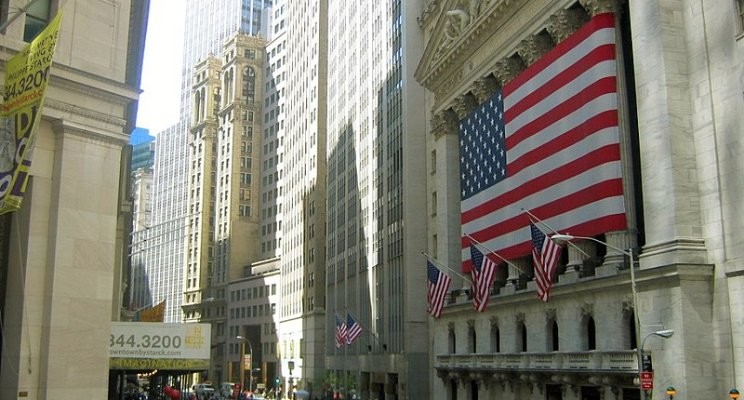
(Photo : LinkedIn)
US markets
- Asian shares surged, mirroring Wall Street's tech rally, influenced by U.S. core inflation data.
- Investors are awaiting a policy decision from the European Central Bank, with speculation about future rate cuts.
- Tech stocks, like Nividia, boosted Wall Street despite disappointing core inflation figures.
- The dollar traded near a four-week high versus the euro, while oil bounced overnight due to fears of Hurricane Francine.
Asian shares experienced a significant bounce on Thursday, mirroring the tech-driven rally on Wall Street. This surge was primarily influenced by the U.S. core inflation data, which slightly exceeded expectations, thereby reducing hopes for a large interest rate cut by the Federal Reserve.
The MSCI's broadest index of Asia-Pacific shares outside Japan rallied by 1%, while the Nikkei jumped by 3%, aided by a weaker yen. The yen, which had pulled back from its 2024 high of 140.71 per dollar, eased further to a low of 142.95 in the Asian trade. However, it later stabilized at 142.40 per dollar, possibly influenced by hawkish comments from a senior Bank of Japan official who advocated for raising rates to at least 1%.
Market Reactions and Expectations
In the wake of these developments, investors are now keenly awaiting a policy decision from the European Central Bank (ECB). A rate cut from the ECB is almost a certainty, but the market is rife with speculation about whether the bank would move again in both October and December.
The EUROSTOXX 50 futures rose by 1.2%, while FTSE futures gained 0.9%. However, U.S. stock futures were slightly lower. This reaction came after U.S. data showed that the core consumer price index (CPI) rose by 0.28% in August, compared with forecasts for a rise of 0.2%.
Chris Weston, head of research at Pepperstone, commented on this development, We wanted answers to help settle the 25bp vs 50bp Fed rate cut debate on Friday, but now it seems the market has made its own mind up. He further added, We are now comfortable with calling a 25bp cut for September, but also open-minded to the idea that a weak U.S. payrolls report on 4 October would fully open up a 50bp cut in the November FOMC meeting.
Tech Stocks to the Rescue
Despite the disappointment over core inflation figures, tech stocks came to the rescue on Wall Street. AI darling Nividia jumped 8%, helped by a media report that the U.S. government is considering allowing the company to export advanced chips to Saudi Arabia. This positive sentiment was echoed in regional tech-heavy share markets, with Taiwan adding 2.2% and South Korea gaining 1.1%.
However, China's share markets remained subdued, while Hong Kong's Hang Seng edged 0.4% higher. In the foreign exchange market, the dollar traded near a four-week high versus the euro, which eased to $1.1007, sticking close to Wednesday's low of $1.1002 - the weakest since Aug. 16.
Short-dated U.S. Treasuries sold off overnight. Two-year Treasury yields held at 3.3193%, having risen 4 basis points overnight, while ten-year yields were at 3.3291%. This left the 2-10-year yield curve flattening slightly and barely remaining positive at just 1 bp. In the commodities market, oil bounced overnight on fears that Hurricane Francine could lead to lengthy production shutdowns in the U.S.
Brent crude futures held at $70.65 a barrel, after gaining 2% overnight. It also found support at $68.69, the lowest level in almost three years. Gold traded at $2,513.75 an ounce, just a touch below its record high of $2,531.60.
As investors await the ECB's policy decision, the market continues to speculate on future rate cuts and their potential impact on global economies.









